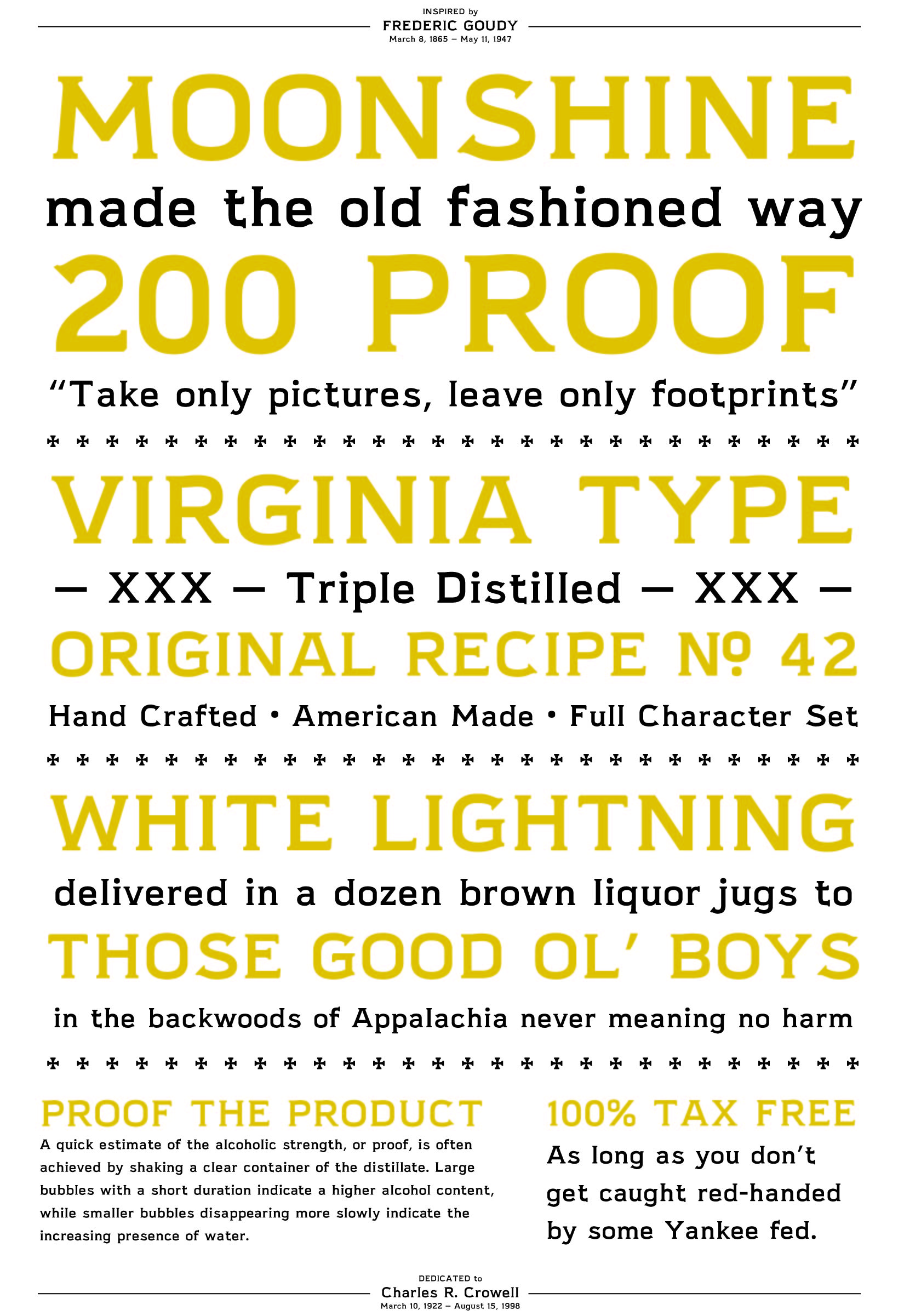

It was definitely an interesting sight.įrankfurt has the 3rd largest airport in all of Europe behind Heathrow in London and Charles de Gaulle in Paris. This is what made a city center punctuated by sky scrapers a possibility.

Post 1945, the entire city had to be rebuilt, so there are very few buildings left that are in fact “historic”. Germany basically got leveled and Frankfurt didn’t escape this fate. Like in many German cities (and Europe for that matter), WWII was not kind.

Nowadays, mega cities like London and Paris have business districts with skyscrapers, but they are not located in the city center. If you’ve ever been to Europe, part of the allure is the low-rise beautiful architecture that dominates 99% of every cityscape. Frankfurt is the mother ship.After an uneventful flight and rapid passing through immigration at Frankfurt International Airport which was a breeze, I was on the subway rounding a bend on the Main (pronounced Mine) River when the city skyline came into view. Info: apfelwein is Germany’s take on cider. Time: Can vary - some places are open in the day, some aren’t. Food: Think cheese and sausage and sauerkraut. Cost: The apfelwein is cheap – mostly 1.50 euros a holiday goose with the trimmings is around 100 euros. We just hope he doesn’t cut it with champagne.ĭirections: Scattered throughout Frankfurt’s Sachsenhausen area. But all the same, he never forgot about Frankfurt and its forbidden fruit. A German sitting next to us tells us he’s lived in Paris for 27 years but was born on this very street. There are several young women here - at last! Two Japanese men eat what look like pork chops from a prehistoric boar. Once that mission is complete, we’re back in Wagner’s. We order a bembel that is too big too much cider for two. I have cheese and onions and kraut and Peter goes for blood sausage. We leave and find a place that’s jumping. The younger of the guys, about 40 to the other’s 60 or so, offers to his elder: “I never want to be as old as you are today, that I tell you.” I have to steal this.”Ībout the only other customers are two men and their wives celebrating a birthday. “I don’t believe this,” says Peter, eyebrows waving. Not only are there kebabs and Guinness now, but one apfelwein place even adorns its tables with slick ads for something called Pomp, plugged “apple seduces grape.” It’s apfelwein-plus-sparkling Riesling Sekt, allegedly the drink of the German upper classes way back when. Sachsenhausen is definitely faster than it was in the days when those men in the frescoes tanked up in the sunshine. It takes some looking, but we do indeed find more äppelwoi. We pass a Turkish kebab shop and a Lebanese place and a couple Irish pubs. So we’re back outside in Sachsenhausen and its old dormered buildings just across the river, but a world away, from Frankfurt’s “Mainhatten” skyline. This is all very instructive, but there’s more product to be sampled. Often, the drink is brought to tables in a bembel, a round ceramic jug of five, six, seven, eight, 10, 12 or 20 glasses, painted gray or blue. A daytime drinker would use his deckel to keep bugs and leaves out of his sour nectar come summer. The museum proudly shows off a case of the discs. In the old days, whenever those were, gemalten haus regulars had their own deckels, wooden caps adorned with metal seals depicting the logo of a particular bar or town. Sometimes Germans even cut it with water or lemonade. The German cider is much less sweet than its Irish and English cousins. No, the real gems are small, hard and as acidic as a BMW battery. The museum is also a restaurant and its displays eagerly relay how today’s supermarket apples, all sugar and shine, aren’t up to apfelwein standards. Peter is eager to educate and we find ourselves just off the big Christmas market and inside the Frankfurter Apfelwein Museum. This is nice, but I want to know more about the cult of the apple. Another gent, who looks about 6-foot-10, walks in and is immediately waved down by throngs of old friends. One guy with a wire brush mustache brushes up on the Bild, the tabloid daily renowned for its front-page cleavage. There are a few young people, yes, but a larger number of silver-haired types in vests and jackets. And it turns out Georg has been sipping cider in this very place for the past 50 years. Straightaway, Peter strikes up a conversation with Georg Otte, 66. “And you talk to the person next to you.” “See, this is traditional here,” says Peter, a towering, gray-headed German who is expert on apfelwein and fermentation in general.


 0 kommentar(er)
0 kommentar(er)
